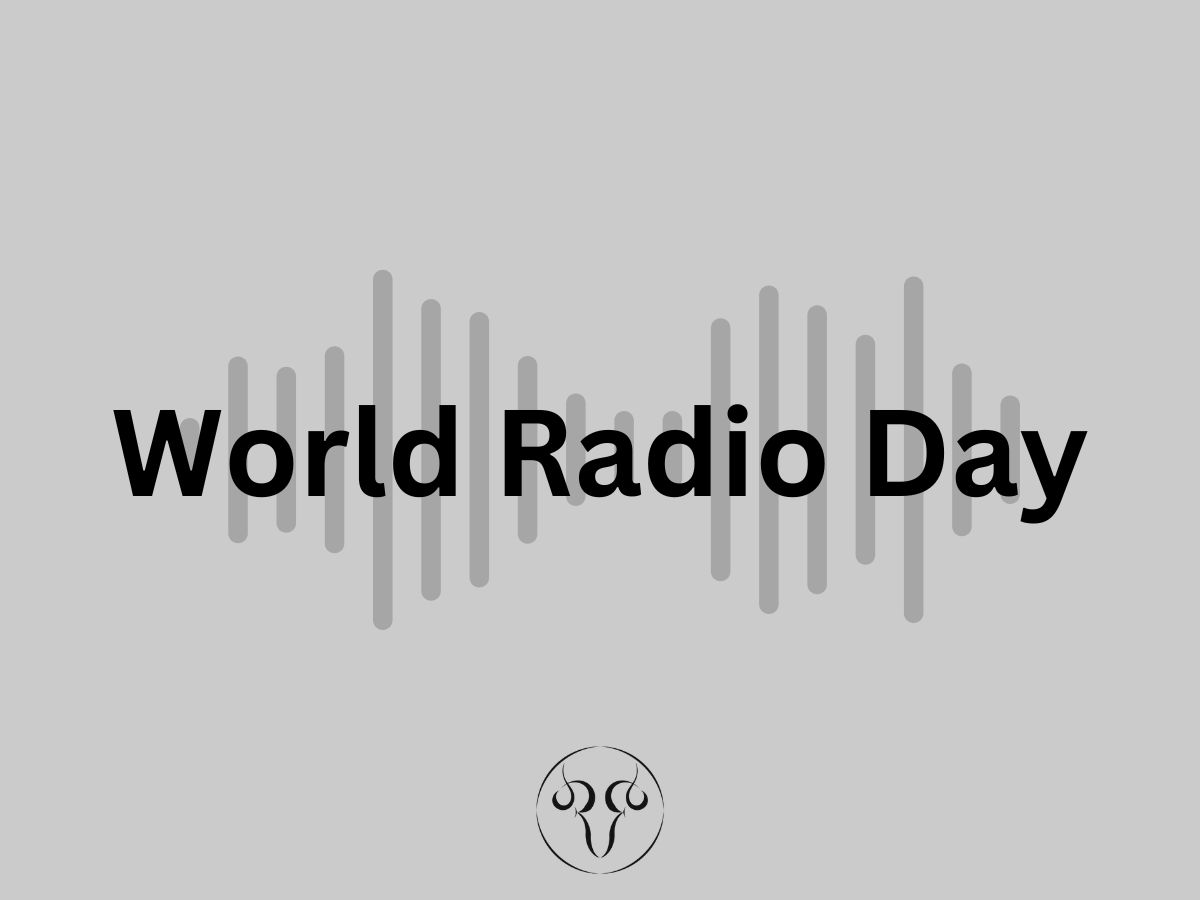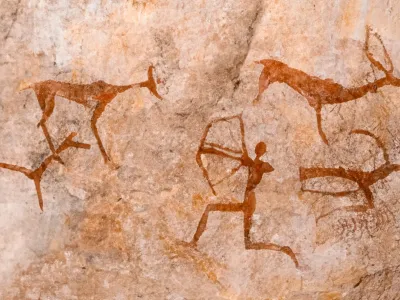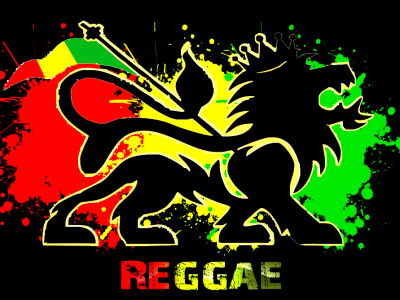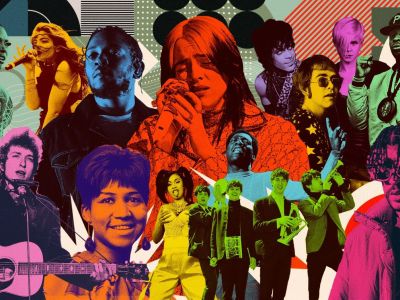World Radio Day

Every year on February 13th, the world comes together to celebrate an invention that has stood the test of time and continues to shape the way we communicate, connect, and consume information – the radio. World Radio Day is not just a commemoration of a device; it is a celebration of the immense impact that radio has had on societies globally.
The Origin Story
The journey of radio began over a century ago, with pioneers like Guglielmo Marconi, J C Bose, Nikola Tesla, and Heinrich Hertz paving the way for wireless communication. It wasn't until the 20th century that radio broadcasting gained popularity, becoming a staple in households around the world. From providing news updates during times of conflict to delivering entertainment to living rooms, the radio became an essential part of daily life.
A Global Medium
What sets radio apart from other forms of communication is its accessibility. Unlike television or the internet, which require specific infrastructure and access, radio can reach remote regions and marginalized communities with ease. In regions where literacy rates are low or access to electricity is limited, radio remains a vital source of information and entertainment.
Informing and Empowering Communities
One of the most significant roles of radio is its ability to inform and empower communities. In times of crisis, whether natural disasters or public health emergencies, radio stations serve as lifelines, providing crucial updates and instructions to those in need. Moreover, radio has been instrumental in promoting education, spreading awareness about health issues, and fostering dialogue on important social and political issues.
Cultural Preservation and Diversity
Radio also plays a crucial role in preserving cultural heritage and promoting linguistic diversity. Local radio stations often broadcast content in indigenous languages, helping to preserve traditional knowledge and celebrate cultural identities. These stations serve as platforms for storytelling, music, and oral traditions, ensuring that diverse voices are heard and celebrated.
A Platform for Expression
Beyond its role as an information disseminator, radio serves as a platform for expression and creativity. From talk shows and podcasts to music broadcasts and storytelling sessions, radio allows individuals to share their stories, ideas, and talents with the world. This freedom of expression is fundamental to democracy, fostering dialogue, debate, and the exchange of ideas.
Adapting to the Digital Age
In the age of digital media, radio has evolved to embrace new technologies and platforms. Online streaming, podcasts, and mobile applications have expanded the reach of radio beyond traditional airwaves, allowing listeners to access content anytime, anywhere. Moreover, social media and interactive features have enabled greater listener engagement, transforming radio from a one-way communication channel into a dynamic interactive medium.
Looking Ahead
As we celebrate World Radio Day, it is essential to reflect on the enduring relevance and resilience of this medium. Despite the rise of new technologies and media platforms, radio continues to thrive, connecting people, fostering dialogue, and empowering communities. As we look ahead, let us reaffirm our commitment to preserving and promoting radio as a powerful tool for communication, education, and social change.
In conclusion, World Radio Day serves as a reminder of the enduring power of voice and the profound impact that radio has had on societies around the world. As we celebrate this day, let us recognize the contributions of radio broadcasters, producers, and listeners in shaping our shared narrative and building a more inclusive and connected world.









